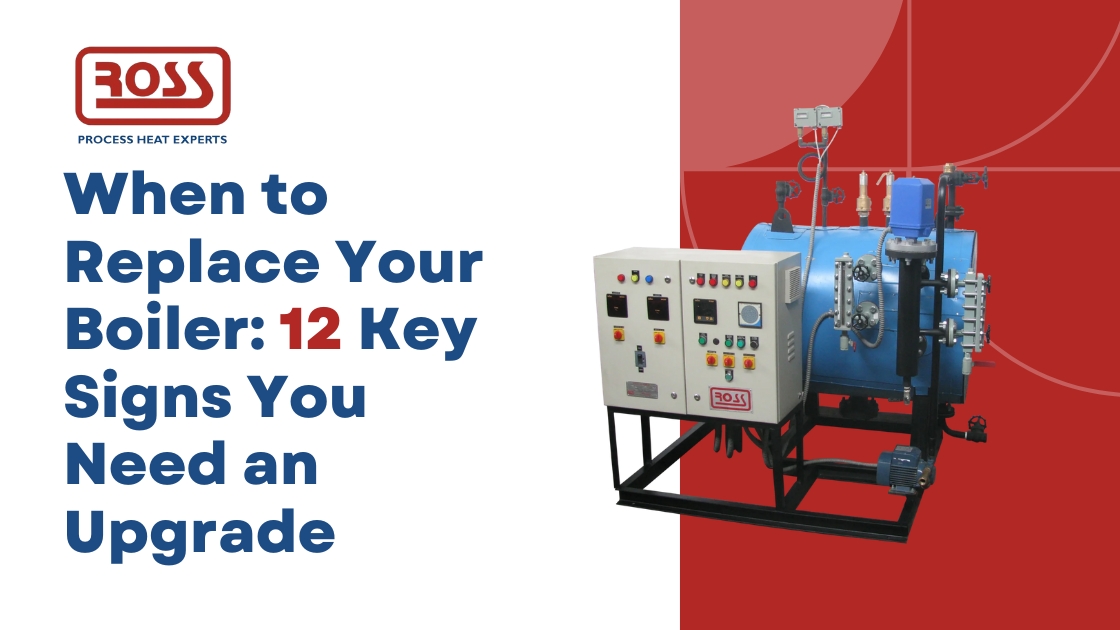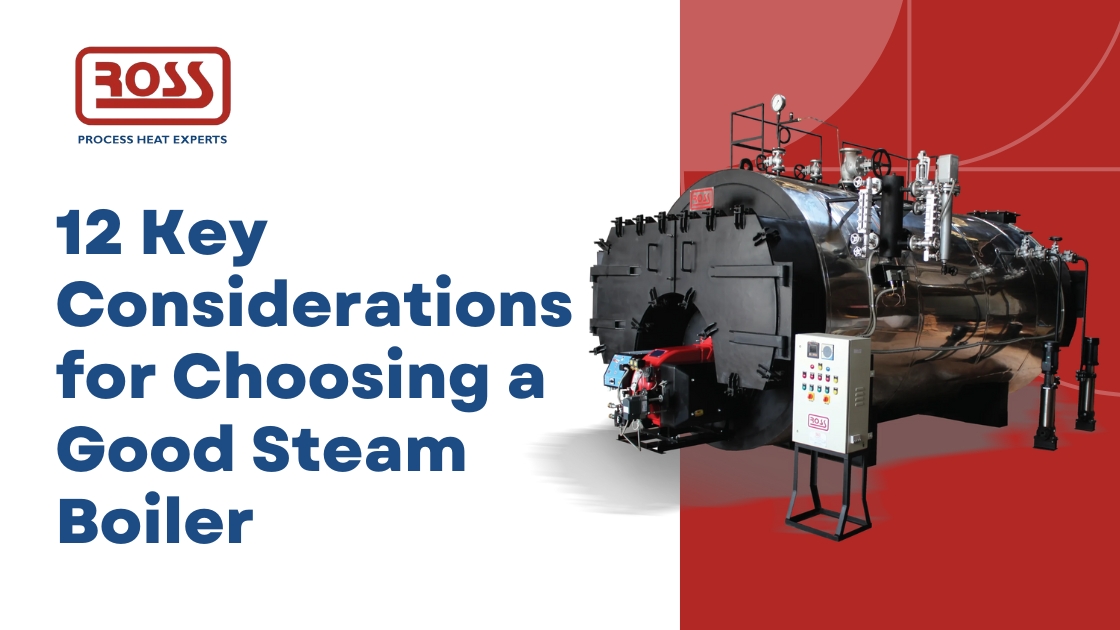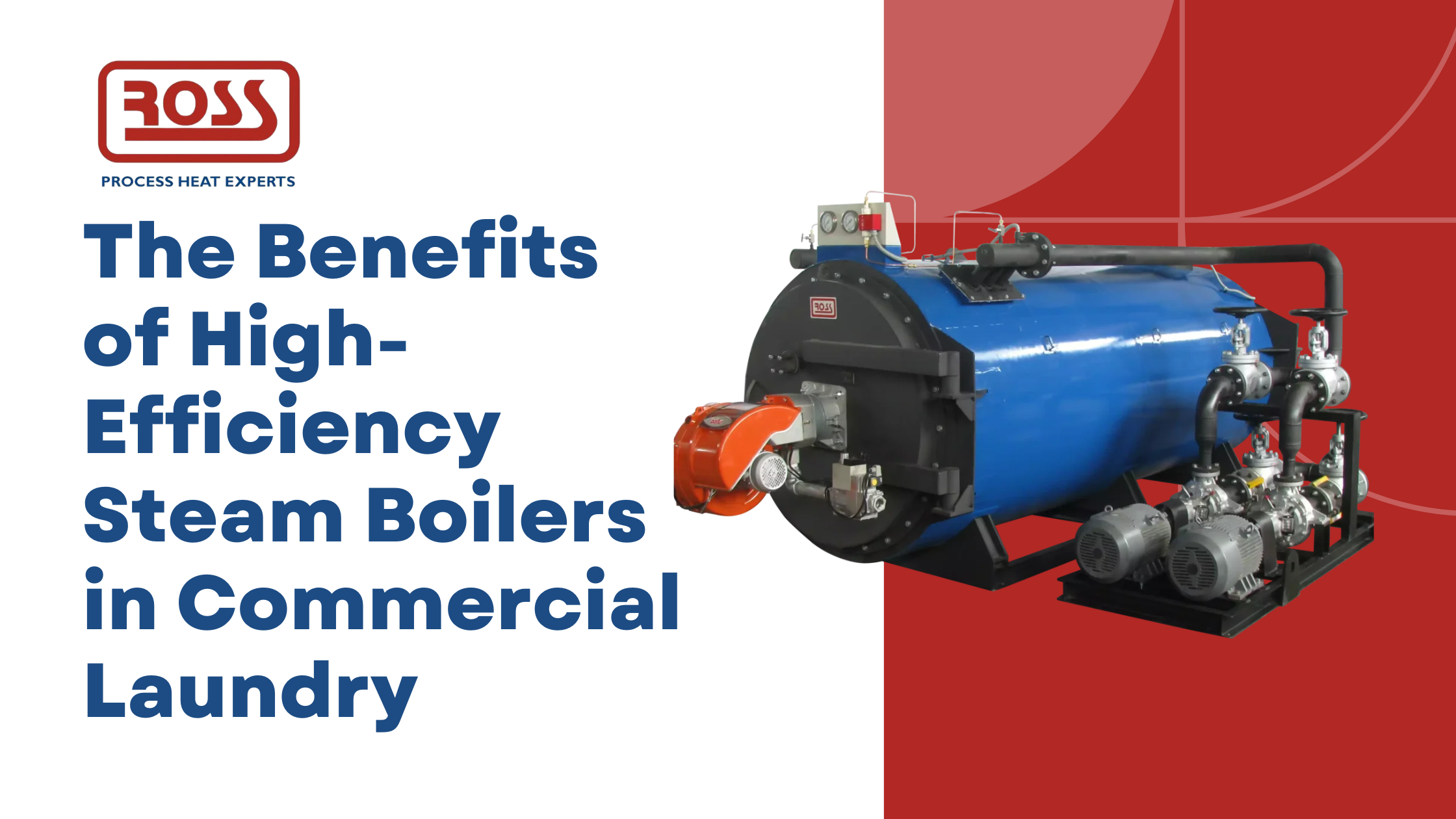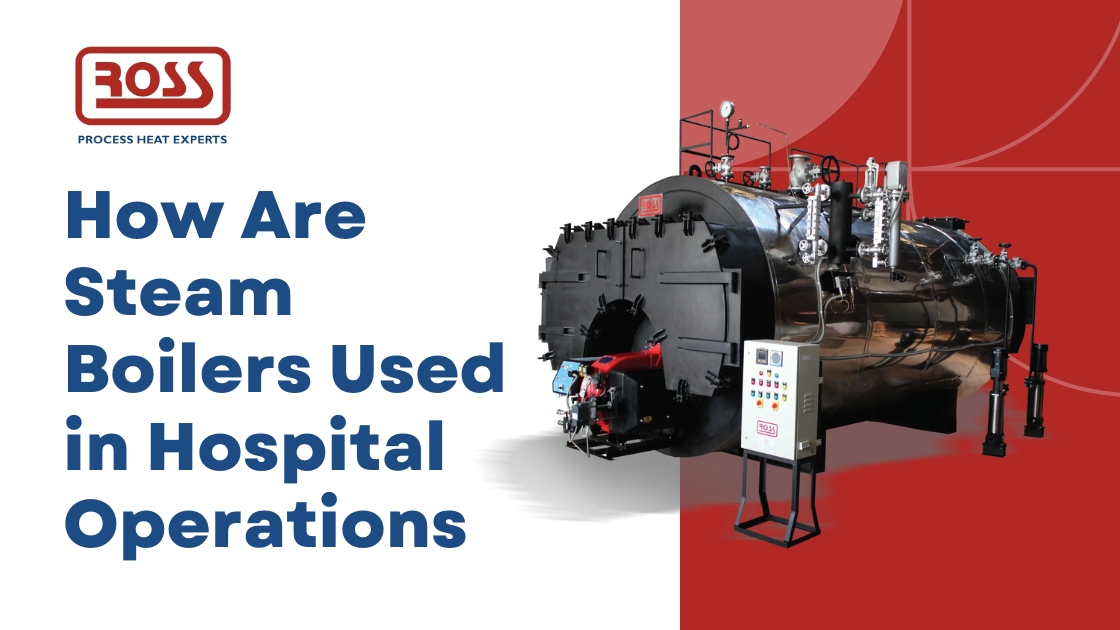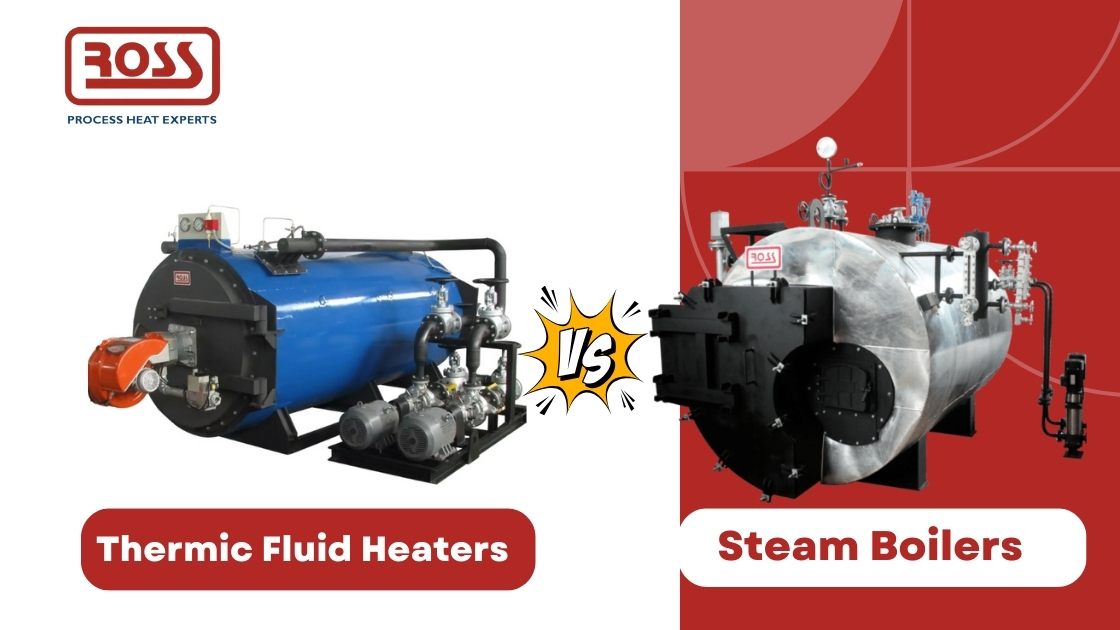Boilers are the unsung heroes in the textile industry, providing the essential heat needed for various manufacturing processes. From dyeing fabrics to drying and finishing, these industrial heating systems ensure that textile manufacturers can achieve consistent quality and operational efficiency. In textile production, where precision and reliability are paramount, boilers play a pivotal role in maintaining optimal temperatures and pressures throughout the manufacturing cycle.
The textile industry is known for its diverse and intricate processes, each demanding specific heat requirements. Boilers, through their ability to generate steam or heat fluid, cater to these needs efficiently. For example, in dyeing operations, steam boilers are indispensable for ensuring uniform dye penetration and color fixation in fabrics. Similarly, thermic fluid heaters excel in applications such as textile drying, where precise temperature control is critical to prevent fabric distortion or damage.
Types of Boilers Used in the Textile Industry
Textile manufacturers rely on a variety of boiler types to meet their specific production needs. Understanding the advantages and applications of each type is crucial for optimizing manufacturing processes:
Steam Boilers
Steam boilers are the workhorses of the textile industry, prized for their ability to generate high-pressure steam quickly. This capability is essential for various textile processes, including yarn sizing, fabric steaming, and garment pressing. Steam boilers operate by heating water to produce steam, which is then circulated through pipes to heat exchangers, where its heat energy is transferred to the fabric or other materials.
Thermic Fluid Heaters
Thermic fluid heaters use thermal oil as a heat transfer medium instead of water. This type of boiler is preferred in applications where precise temperature control is critical, such as textile drying and finishing processes. The thermal oil in these heaters circulates through the system, transferring heat to the target process while maintaining stable temperatures.
Functions and Applications of Boilers in Textile Processing
Boilers fulfill critical functions across various stages of textile processing, ensuring that each step meets quality standards and production timelines:
Dyeing and Printing
In dyeing operations, achieving uniform color distribution and fast color fixation is essential. Steam boilers play a crucial role by providing the necessary heat for dye baths, where fabrics absorb and retain dyestuffs effectively. The controlled release of steam ensures that dyes penetrate fibers evenly, enhancing color vibrancy and durability. Similarly, in printing processes, steam is used to heat transfer rollers or plates that apply patterns or designs onto fabrics, ensuring crisp, clear prints.
Fabric Drying
After dyeing or washing, fabrics must be dried efficiently to remove excess moisture and prepare them for subsequent processes. Thermic fluid heaters excel in this stage, providing consistent and precise heat to drying chambers or ovens. By maintaining stable temperatures, these heaters prevent fabric shrinkage or distortion, ensuring that finished products meet dimensional and quality specifications.
Finishing Processes
Textile finishing encompasses a range of processes aimed at enhancing fabric properties such as softness, durability, and appearance. Boilers support these processes by providing heat for treatments such as calendering (smoothing fabrics using heated rollers), mercerization (treating fabrics with caustic soda for improved luster and strength), and coating (applying protective or decorative finishes). The reliability and efficiency of boilers are crucial during these critical stages, where precise heat application directly impacts product quality.
Boilers are integral to maintaining consistent production standards in textile manufacturing, ensuring that each fabric batch meets customer expectations for color, texture, and performance.
- National Standards: Countries have specific codes and regulations governing boiler design, installation, and operation to ensure safety and environmental compliance.
- International Standards: Standards such as the ASME Boiler and Pressure Vessel Code establish uniform requirements for boiler safety, design, and performance worldwide.
Safety Protocols
Adhering to safety protocols is essential to prevent accidents and ensure worker safety in textile manufacturing environments:
- Boiler Operation Procedures: Standard operating procedures (SOPs) outline safe practices for starting, operating, and shutting down boilers, minimizing operational risks.
- Emergency Preparedness: Comprehensive emergency response plans address potential boiler-related incidents, ensuring prompt and effective responses to mitigate risks.
Certification Importance
Boiler certifications validate compliance with regulatory standards and demonstrate commitment to safety and quality:
- ASME Certification: Obtaining ASME certification signifies adherence to rigorous standards for boiler design, construction, and maintenance, enhancing credibility and trust in boiler systems.
- Periodic Inspections: Regular inspections by authorized agencies verify boiler safety and operational integrity, providing assurance of compliance with regulatory requirements.
Maintaining adherence to regulatory and safety standards is paramount for textile manufacturers, ensuring legal compliance, operational safety, and environmental stewardship in boiler operations.
Challenges and Solutions
Despite their benefits, boilers in the textile industry face several challenges that can impact operational efficiency and reliability:
Scale Formation and Corrosion
Scale formation due to mineral deposits in boiler systems can impair heat transfer efficiency and increase energy consumption. Similarly, corrosion of boiler components reduces system lifespan and poses safety risks. Implementing effective water treatment programs and regular maintenance schedules is essential to prevent scale buildup and corrosion, ensuring optimal boiler performance and longevity.
Operational Safety and Compliance
Boiler operations in textile plants must comply with stringent safety regulations to protect personnel and the environment. Regulatory requirements, such as periodic inspections and certifications, ensure that boilers are operated safely and efficiently. Compliance with standards such as the ASME Boiler and Pressure Vessel Code is critical for maintaining operational integrity and mitigating potential hazards associated with boiler operations.
Maintenance Practices
Proactive maintenance practices are vital for preventing unexpected downtime and optimizing boiler performance:
- Routine Inspections: Scheduled inspections by qualified technicians identify potential issues early, allowing for timely repairs and maintenance.
- Performance Monitoring: Utilizing advanced monitoring systems enables real-time assessment of boiler performance metrics, facilitating proactive maintenance interventions.
- Training and Education: Providing ongoing training to boiler operators ensures that they understand operational best practices and safety protocols, enhancing overall system reliability and efficiency.
Conclusion
Boilers are indispensable assets in the textile industry, supporting critical manufacturing processes from dyeing to finishing with reliable heat sources. Their role in ensuring operational efficiency and product quality underscores their significance in modern textile manufacturing. By adopting energy-efficient boiler technologies tailored to their specific production needs, textile manufacturers can optimize resource utilization, reduce environmental impact, and achieve substantial cost savings.
For textile companies seeking reliable boiler solutions, partnering with a trusted Steam Boiler Manufacturer in Al Ain, UAE ensures access to cutting-edge technologies that enhance operational performance and sustainability. Embracing these advancements will not only drive competitive advantage but also pave the way for a sustainable future in textile manufacturing.

